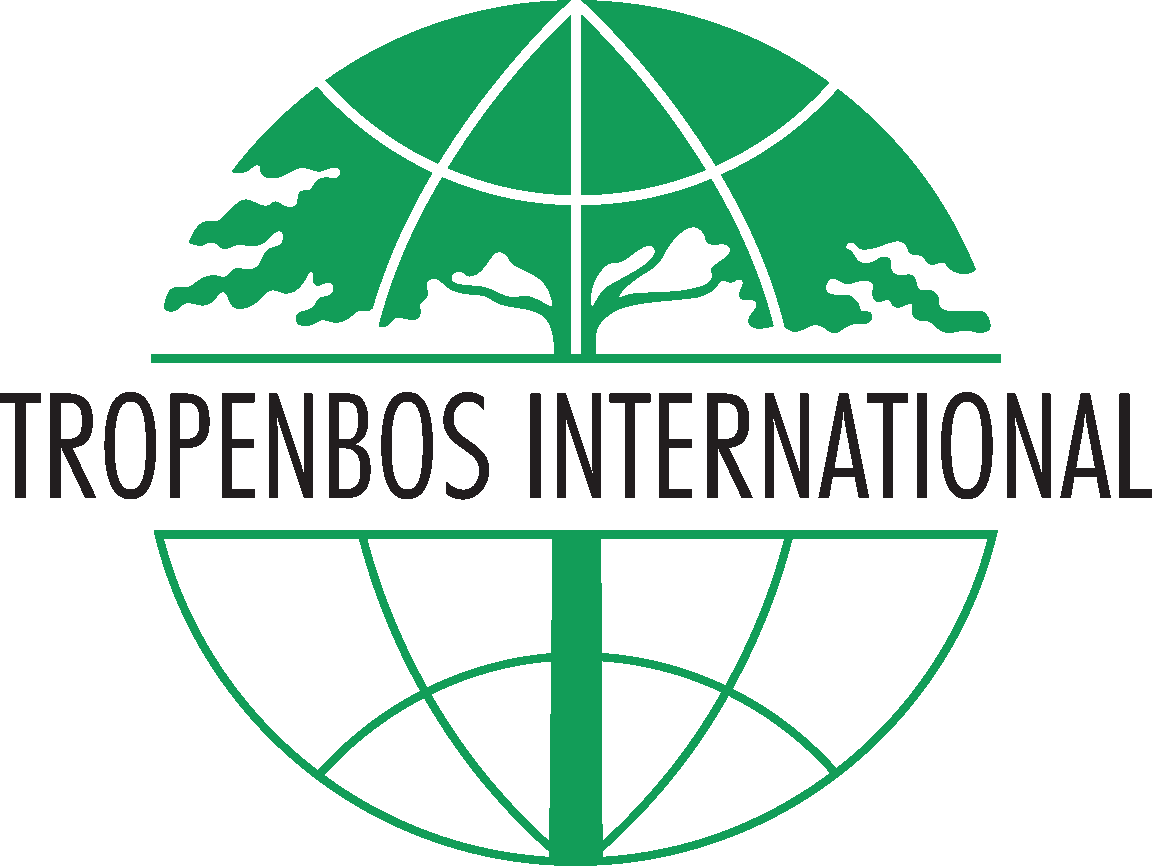Community / Land projects / Inclusive and sustainable forested landscape management in West Sumatra, West Kalimantan and Central Sulawesi
Inclusive and sustainable forested landscape management in West Sumatra, West Kalimantan and Central Sulawesi

€0
10/16 - 12/20
Completed
This project is part of
Implementing Organisations
Donors
Data Providers
General
GLA Country Context Analysis: Indonesia accounts for the third largest forest area in the world (ca. 127 million ha), with designated forest lands covering 60% of its land area. Yet it also has one of the highest rates of deforestation globally (around 1.17 million ha per year). To date, economic growth has been sustained through a strategy which builds on the use of Indonesia’s abundant natural resources. Commodities comprise more than half of exports. Agriculture (15%) and mining (12%) are key contributors to the national Gross Domestic Product. Agriculture and forests are vital for livelihoods, and employ more than a third of the working population. Millions of people (33,000 villages) depend on the forest and forest commodities for their livelihood without any recognition of access and/or use of the natural resources. However, in 2015, the government launched an ambitious program targeted at allocating 12.7 million hectares of forests to be managed by communities through social forestry schemes; more than 2.5 million hectares each year. The GLA partners in Indonesia have selected three landscapes which represent the general problems and livelihoods strategies in the country very well: ‘Mudiak Baduo’ in the West Sumatra Province, ‘Gunung Tarak’ in the West Kalimantan Province and ‘Lariang’ in the Central Sulawesi Province. The three landscapes face the following shared issues: (1) a rapid expansion of agro-commodity oil palm and other land-based investments at the expense of forests; (2) tenure insecurity and long arduous bureaucratic procedures for obtaining Social Forestry (SF) permits; (3) uncertainty about what communities will do with their SF permits and how they will use forest environmental services to create better lives; and (4) lack of forest-based sustainable livelihood options surrounding conservation areas which has led to rampant illegal logging and encroachment.
Objectives
GLA Country Theory of Change 2016-2020: The outcomes envisaged by GLA in Indonesia contribute to the three overall conditions for sustainable and inclusive governance of forested landscapes as described in the international ToC for the GLA: (1) security of land tenure/access to land and resources use for local communities, addressed through interventions related to Village Forestry and community participation in the management of plantations; (2) communities and CSOs included in decision making on land use throughout, through collaboration or through access by justice; (3) implementation of nature based approaches to the management of forested landscapes in the implementation of sustainable management of village forests, and of the High Conservation Value (HCV) approach in the spatial planning of land investments. This is to be achieved by strengthening CSO capacities for lobbying and advocacy for (1) equitable and sustainable spatial planning; (2) the application of HCV as the key tool for sustainable production investments and regional development by private sector and government ; (3) sustainable management of oil palm concessions, and sustainable palm oil supply chains; (4) supporting village governments and community groups in equal participation in sustainable agro-industry; and (5) local communities to have a greater involvement in the sustainable management of forest areas.
Other
See attached documents for a brief summary of the Annual plans of the implementing organisation



